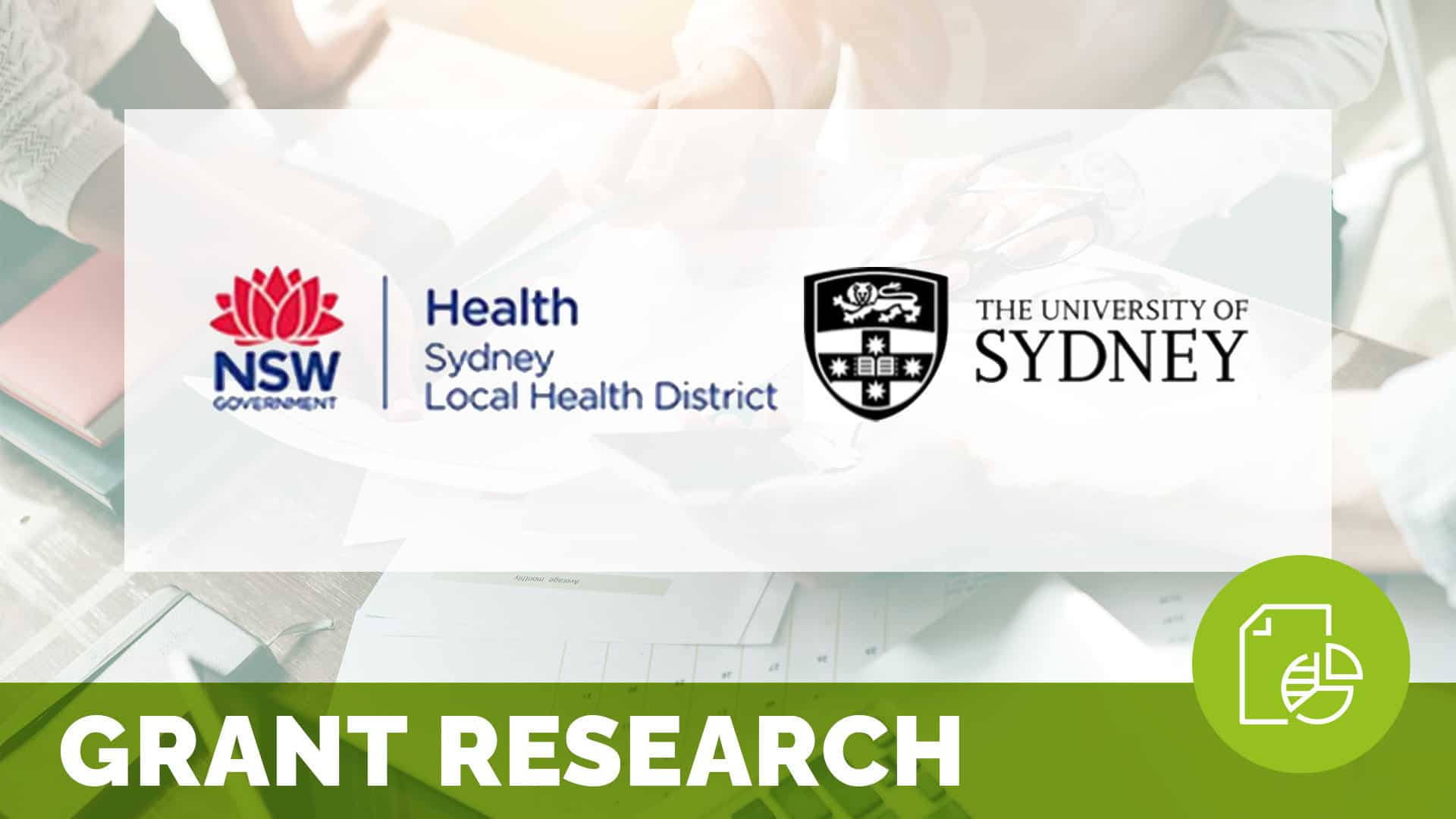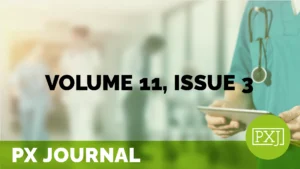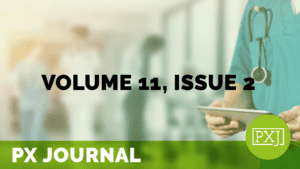Patients’ reasons for returning unplanned to the Emergency Department

This grant research report explores the reasons why people decide to return to the Emergency Department (ED) after an initial visit and whether their first experience contributes to their decision. The study reveals that building a patient’s trust on the first visit to the ED can have an impact on the patient’s confidence and capability to manage their condition at home.
Related content
-
 Patient Family & Community Engagement
Patient Family & Community EngagementPatient Engagement and Co-creation in Healthcare Services: A Scoping Review
Objective: The objective of this review was to find literature related to the concepts of patient engagement and co-creation in healthcare services and identify models and/or frameworks that combined these concepts. Methods: We developed the eligibility criteria using the Population-Concept-Context framework applicable to studies with population of patients exploring the concepts of engagement and co-creation
Learn more -
 Patient Family & Community Engagement
Patient Family & Community EngagementEfficacy of a Communication Toolkit to Optimize Palliative Care Communication in the Surgical Intensive Unit
Data demonstrates patients benefit from the experience of specialty palliative care providers for advance care planning and prioritizing quality of life, regardless of diagnosis or stage of illness. Despite these benefits, many intensive care units (ICUs) show low utilization of palliative care. The purpose of this study was to evaluate the ability of a bedside
Learn more -
 Patient Family & Community Engagement
Patient Family & Community EngagementIs Timing Everything?: The Role of Time on the Relationship between Patient-Centered Communication and Provider Empathy
Several studies have indicated that providers that successfully implement patient-centered communication (PCC) practices related to health literacy and exemplify higher levels of empathy improve patient health outcomes. Time is frequently noted as a barrier when implementing PCC practices.
Learn more
